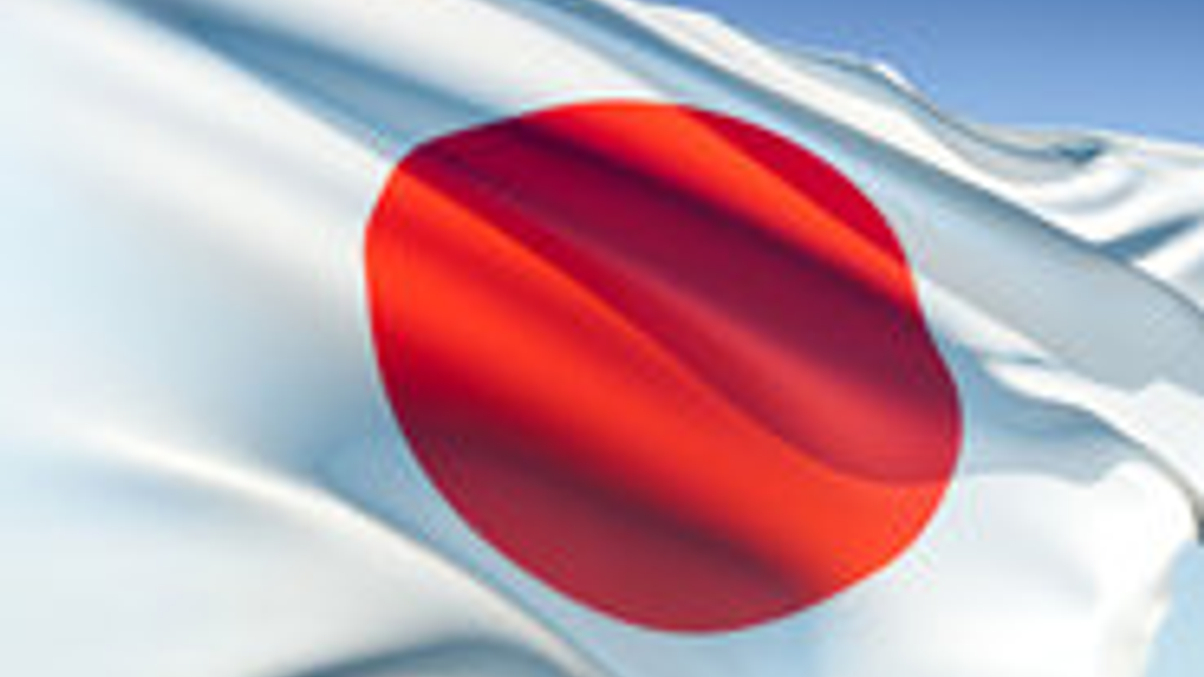Japan brokers extend lead in research: Greenwich
In Greenwich Associates' annual equities survey of buy-side institutions, Japanese brokers grew market share in research at home, while elsewhere in Asia international firms remain top dogs.

Domestic brokers in Japan last year took a stronger grip on the provision of research and advisory services to equity portfolio managers and traders, and remained dominant in trading, finds Greenwich Associates.
Sign in to read on!
Registered users get 2 free articles in 30 days.
Subscribers have full unlimited access to AsianInvestor
Not signed up? New users get 2 free articles per month, plus a 7-day unlimited free trial.
¬ Haymarket Media Limited. All rights reserved.


